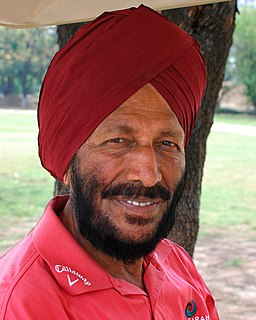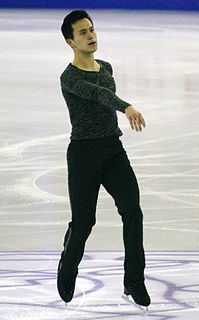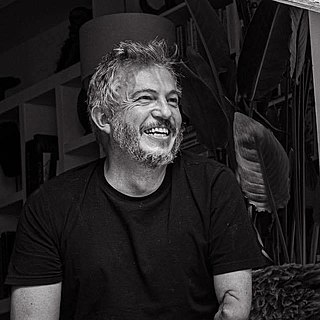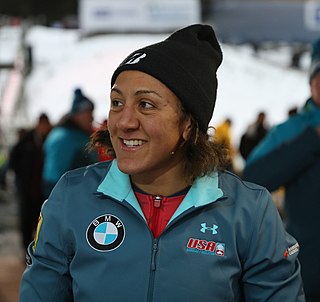A Quote by Linda Sue Park
Reading for writers is like training for athletes.
Related Quotes
I read continually and don't understand writers who say they don't read while working on a book. For a start, a book takes me about two years to write, so there's no way I am depriving myself of reading during that time. Another thing is that reading other writers is continually inspiring - reading great writers reminds you how hard you have to work.
I believe you have to write every day–make the time. It’s about having an organized mind instead of a chaotic and untidy one. There is a myth that writers are bohemian and do what they like in their own way. Real writers are the most organized people on the planet. You have to be. You’re doing the work and running your own business as well. It’s an incredibly organized state. [Also reading]…one of the things reading does do is discipline your mind. There are no writers who are not readers.
I think training your instinct comes from writing and reading. There's no big secret. And reading slush helps, as well; I'd recommend everyone edit a literary magazine at some point. It's time-consuming, but there's a lot to learn from other writers who are also learning. The patterns (twelve stories about whales in this batch?) are also interesting.
If you spend enough time reading or writing, you find a voice, but you also find certain tastes. You find certain writers who when they write, it makes your own brain voice like a tuning fork, and you just resonate with them. And when that happens, reading those writers ... becomes a source of unbelievable joy. It’s like eating candy for the soul. And I sometimes have a hard time understanding how people who don’t have that in their lives make it through the day.


































